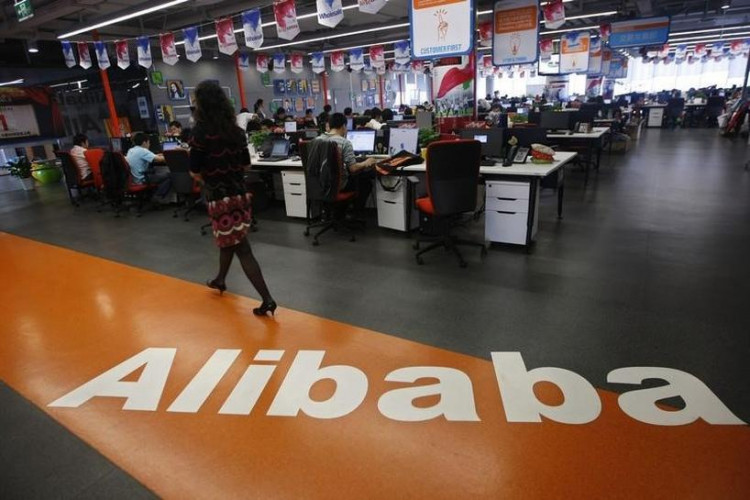Alibaba Group Holdings Ltd. (BABA) saw its stock rise by more than 3% on Friday, following the completion of a significant regulatory overhaul imposed by China's State Administration for Market Regulation (SAMR). This development marks a turning point for the e-commerce giant, which has faced intense scrutiny and substantial fines over the past few years.
The regulatory overhaul, which concluded this week, was a response to an 18.23 billion yuan ($2.6 billion) fine levied against Alibaba in 2021. The fine was imposed after SAMR accused the company of monopolistic practices, specifically its "choose one of two" policy that forced merchants to exclusively commit to either Alibaba's platform or its rivals. This practice was deemed to unfairly bolster Alibaba's market position and limit competition.
In its statement, SAMR confirmed that Alibaba has satisfactorily completed the required rectification, which included eliminating the controversial "choose one" policy. The regulator's statement highlighted that Alibaba's compliance efforts had yielded "good results," and it would now focus on guiding the company towards improved compliance and innovation moving forward.
This development represents a significant shift in the regulatory landscape for Alibaba, which has been under intense scrutiny since late 2020. That period saw the halting of a $37 billion initial public offering (IPO) by Ant Group, Alibaba's financial technology arm, after founder Jack Ma's critical remarks about the Chinese regulatory system. The IPO debacle and subsequent regulatory measures were part of a broader crackdown on China's tech sector, which aimed to rein in the growing influence of domestic technology firms.
Analysts view the conclusion of this regulatory oversight as a potential "new start" for Alibaba. Jefferies analysts, in particular, described the end of the rectification period as a positive development, suggesting that it could restore investor confidence and stabilize Alibaba's stock performance. The firm maintained a "buy" rating on Alibaba's shares, noting the completion of the process as a critical step toward regulatory compliance and operational stability.
Despite this boost, Alibaba's stock has endured a turbulent period, falling over 70% from its 2020 peak. Recent quarters have shown some signs of recovery, particularly with increased revenue from its cloud computing division and robust e-commerce transactions. However, Alibaba continues to face challenges, including slow growth in China's e-commerce sector and shifting consumer behavior.
Alibaba's response to the regulatory conclusion emphasized the company's commitment to promoting a "healthy development" of the platform economy and creating greater societal value. The company's statement framed the end of the rectification period as a "new starting point" for its development, aligning with SAMR's focus on continuing to guide and support Alibaba's operations in a compliant manner.






